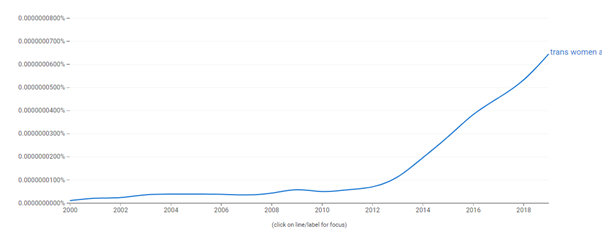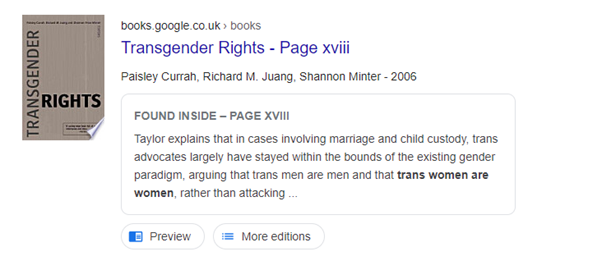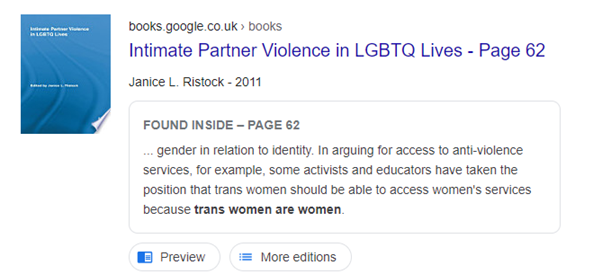
1/ It is great news that ONS @ons appear to have moved away from a self-id approach for the Census thetimes.co.uk/article/sex-qu…
2/ Quantitative social scientists have discussed with ONS the importance of accurate sex-based data. As far as we are aware, the detail of the guidance is still under review, but I welcome this indication that ONS has moved away from framing sex in terms of gender id.
3/ As I said to the Times: “Sex is an important predictor of outcomes across all areas of life, including education, wages, crime, and physical and mental health. If we do not monitor sex differences, we cannot tackle sex discrimination."
4/ The headline is misleading and inflammatory (not the journalist's fault!). Accurate data collection benefits everyone. “Gender identity is not the same thing as sex. Understanding people’s identities is important, especially at a time when increasing numbers of girls are...
5/ ...identifying as trans or non-binary. But we cannot simply assume that the lives of these girls are not also affected by the fact that they are female.” Trans and non-binary people need accurate sex-based data too.
• • •
Missing some Tweet in this thread? You can try to
force a refresh





